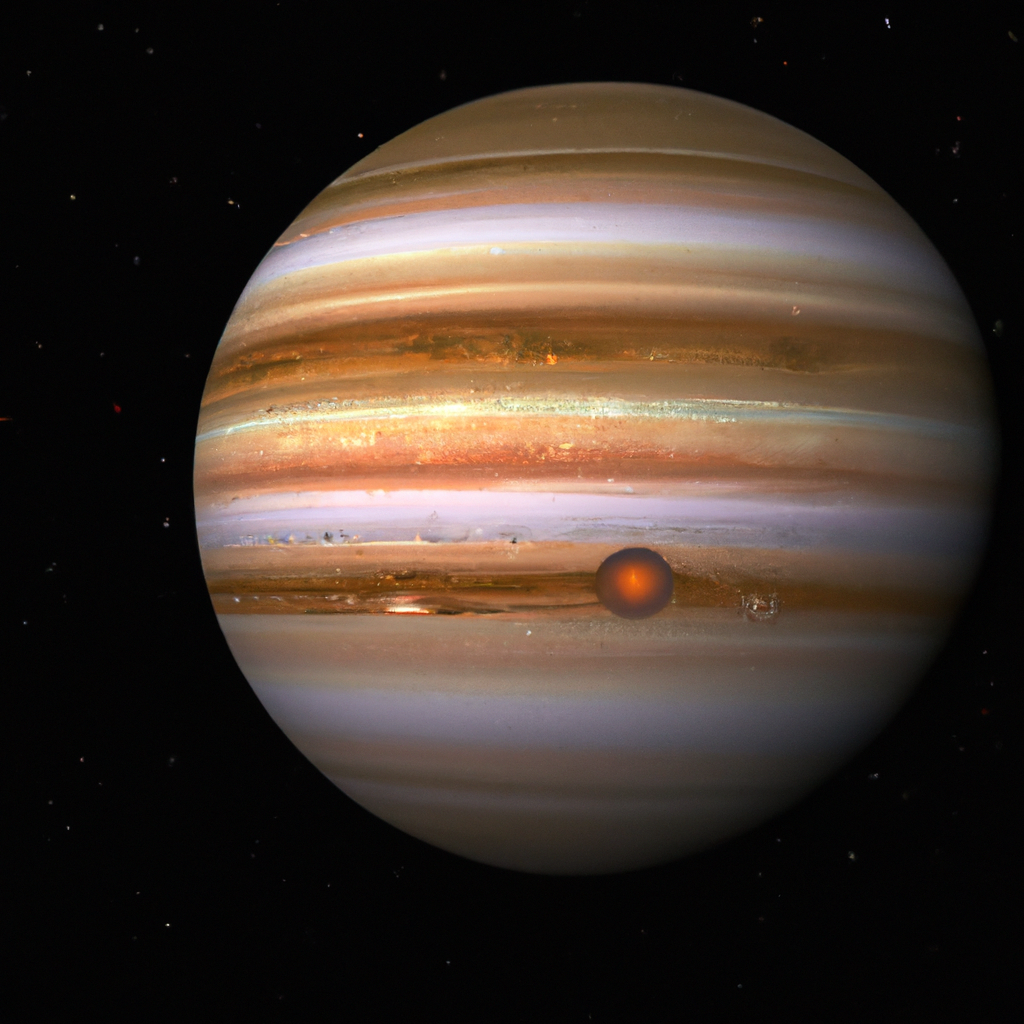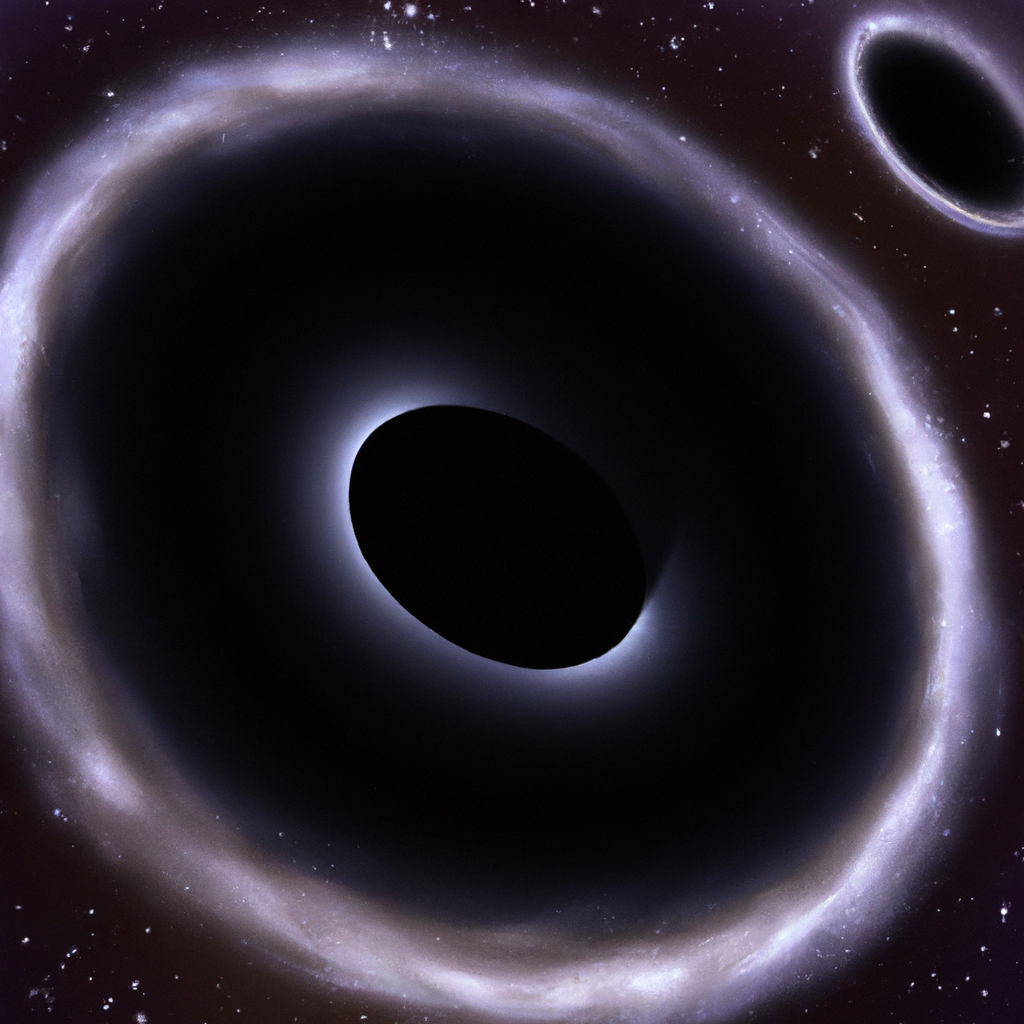

Computers have been around for over a hundred years, with the first one created in 1876 by Charles Babbage. The first Silicon Valley company was founded in 1957, and the first Apple computer was created in 1976. The first IBM PC was created in 1981, and the first Microsoft Windows was released in 1985. The first Internet Explorer was released in 1995.

1. The process of creating a computer chip is called doping. 2. Silicon Valley is home to some of the world's largest tech companies. 3. The world's first self-driving car was developed in Silicon Valley. 4. The world's first commercial blockchain application was developed in Silicon Valley. 5. The world's largest startup accelerator is Y Combinator, which is based in Silicon Valley.

The article covers interesting facts about commuting in Silicon Valley. The average worker in the area spends $5,000 annually on transportation, and the average commute is 34 minutes. Cupertino residents have the longest average commute at 49 minutes. The majority of workers in Silicon Valley use public transportation, and half of residents walk or bike to work. Finally, the average San Francisco resident spends $8 ,000 per year on transportation.

Jupiter is the fifth planet from the Sun, the largest in the Solar System, and a gas giant with a mass one-thousandth that of the Sun. It has the shortest day of any planet, with a day lasting only 10 hours, and at least 67 moons. The Great Red Spot is a giant storm on Jupiter that has been raging for at least 400 years.

Black holes are some of the heaviest and most dense objects in the universe, formed when a star collapses in on itself. The gravity of a black hole is so strong that not even light can escape it, and objects that get too close can be pulled apart by its gravitational force. Scientists believe there is a supermassive black hole at the center of our galaxy.

The human body is amazing and fascinating. Here are six interesting facts about our bodies that you may not have known. From how many calories we burn while sleeping to the surface area of our lungs , our bodies are truly incredible.

Black holes are incredibly dense objects that form when a star dies and collapses in on itself. Their gravitational force is so strong that nothing can escape from it, not even light. The largest black hole ever found is about 40 billion times the mass of the sun. Scientists believe that there may be a supermassive black hole at the center of our galaxy.

The Silicon Valley region is home to many of the world's largest tech companies and startups. The area is known for its climate and culture of innovation.